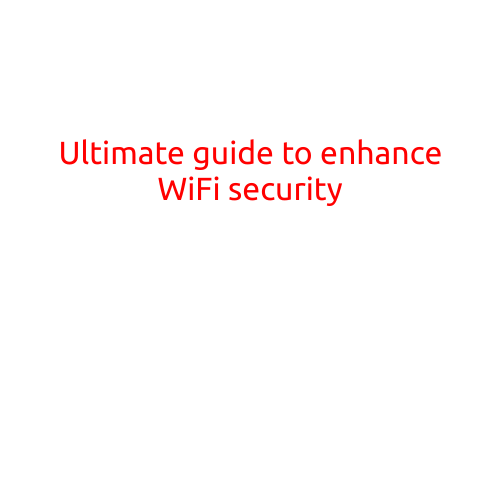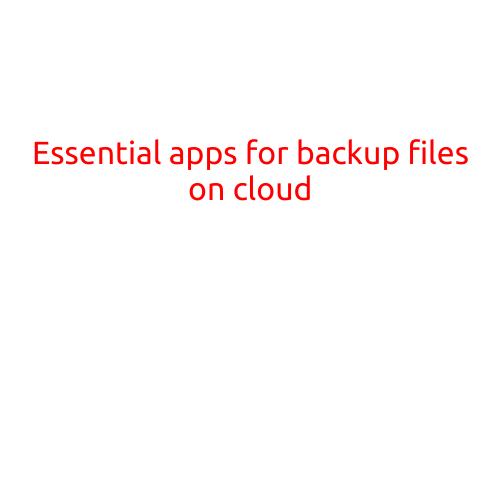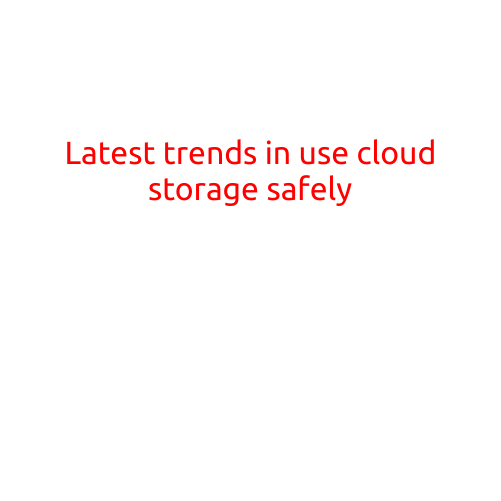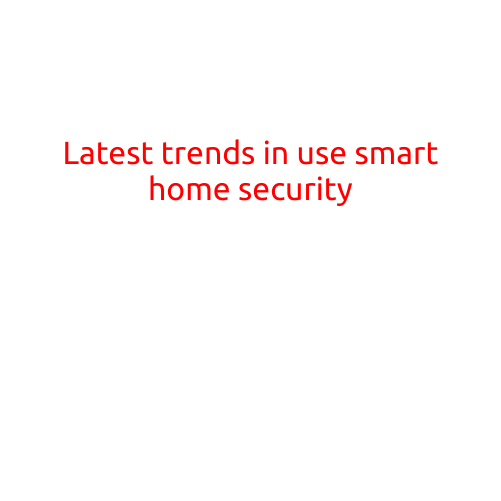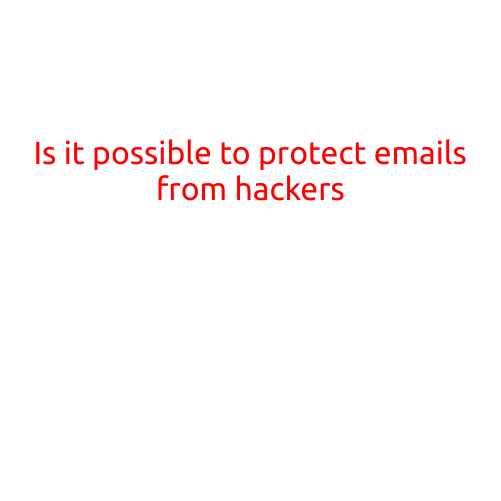
Is it Possible to Protect Emails from Hackers?
In today’s digital age, email has become an essential part of our daily lives. We use it to communicate with friends, family, colleagues, and businesses. However, with the increasing reliance on email, the risk of email hacking has also grown exponentially. Hackers are skilled predators who exploit vulnerabilities in email accounts to gain access to sensitive information and wreak havoc on individuals and organizations.
The question on everyone’s mind is: Can we really protect our emails from hackers? The answer is a resounding “yes,” but it requires a combination of best practices, technology, and awareness. In this article, we’ll explore the strategies and techniques to safeguard your emails and protect yourself from cyber threats.
Understanding the Risks
Before we dive into the solutions, it’s crucial to understand the risks associated with email hacking. Here are some facts to keep in mind:
- 91% of data breaches involve stolen or weak passwords (Source: Verizon Data Breach Investigations Report).
- Hackers can easily intercept emails by exploiting vulnerabilities in email providers, such as Yahoo and LinkedIn.
- Email hacking can lead to identity theft, financial losses, and reputational damage.
Best Practices to Protect Your Emails
- Choose Strong, Unique Passwords: Use a password manager to generate and store complex passwords for your email accounts.
- Enable Two-Factor Authentication (2FA): Add an extra layer of security by enabling 2FA, which requires a second form of verification, such as a code sent to your phone or a biometric scan.
- Use Encryption: Many email providers, such as ProtonMail and Tutanota, offer end-to-end encryption, which scrambles emails so that only the sender and recipient can read them.
- Keep Your Email Software and Browser Up-to-Date: Regularly update your email software and browser to ensure you have the latest security patches and features.
- Be Cautious with Links and Attachments: Avoid opening suspicious links and attachments, and be wary of emails asking for personal information or payment.
- Monitor Your Email Account Activity: Regularly check your email account activity to detect any unusual behavior, such as login attempts from unfamiliar locations.
- Use a Secure Email Provider: Choose an email provider that has a good reputation for security, such as ProtonMail, Tutanota, or Gmail.
Additional Measures to Protect Your Emails
- Use a Virtual Private Network (VPN): When using public Wi-Fi or accessing sensitive information, use a VPN to encrypt your internet connection.
- Install Anti-Virus and Anti-Malware Software: Keep your computer and mobile devices equipped with reputable anti-virus and anti-malware programs to detect and remove malware.
- Back Up Your Emails: Regularly back up your emails to prevent data loss in case your account is compromised.
- Educate Yourself and Others: Stay informed about the latest email hacking techniques and share your knowledge with friends, family, and colleagues.
Conclusion
Is it possible to protect emails from hackers? With the right combination of best practices, technology, and awareness, you can significantly reduce the risk of email hacking. By following the tips outlined in this article, you can safeguard your emails and protect yourself from cyber threats. Remember, email security is an ongoing process that requires regular vigilance and adaptation to ever-evolving threats. Stay safe, and stay informed!
